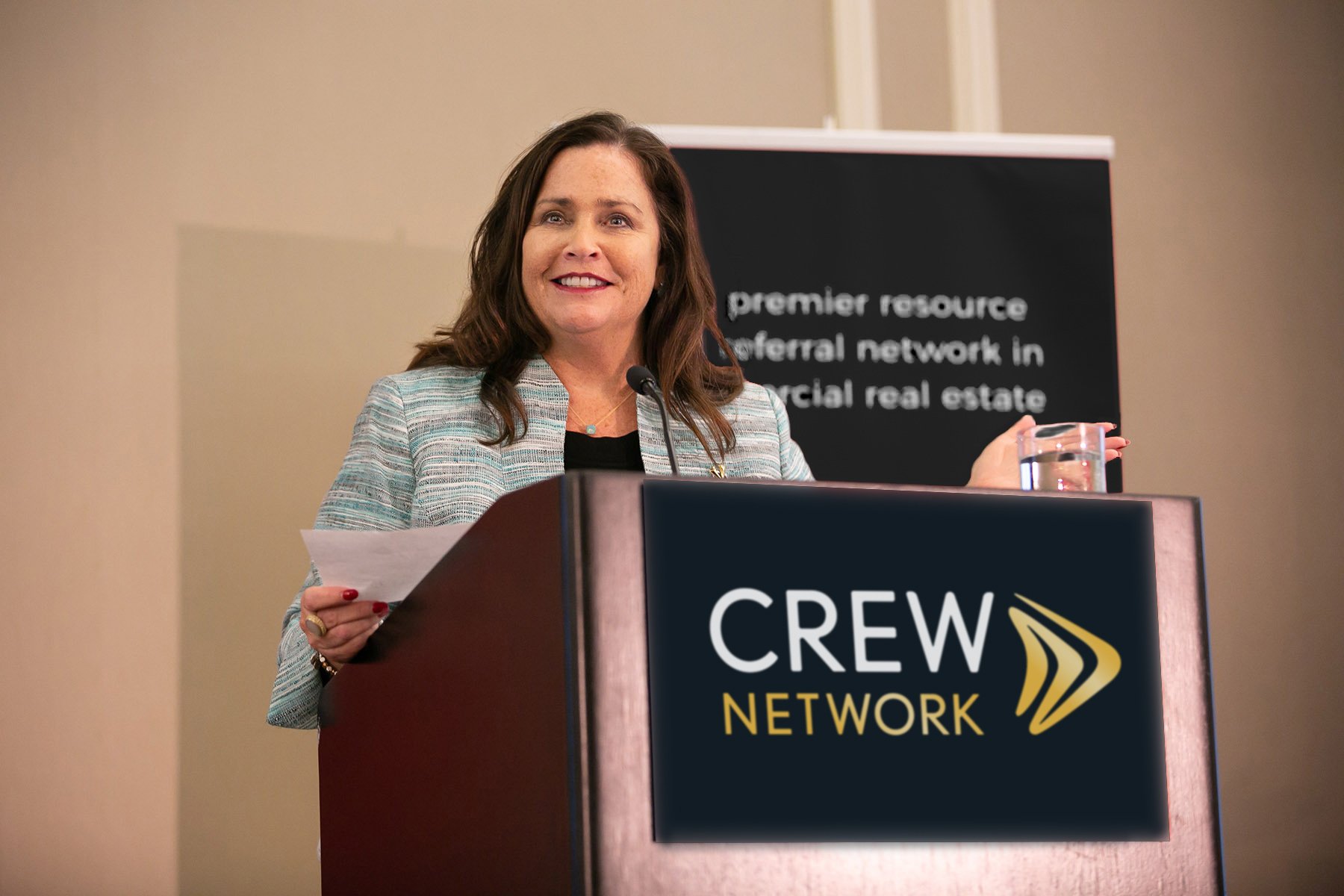 Elliot M. Shirwo is the founder and principal of BridgeCore Capital Inc.
Elliot M. Shirwo is the founder and principal of BridgeCore Capital Inc.
LOS ANGELES—BridgeCore Capital Inc. today revealed that it has commenced operations, offering an innovative approach to providing private bridge financing for commercial and non-owner-occupied residential properties throughout California.
The locally-based company provides non-recourse short term loans of up to $7.5 million, with loan-to-value ratios not exceeding 65%, and without prepayment penalties.
GlobeSt.com caught up with the firm's founder and principal, Elliot Shirwo, to discuss more on the company's uniquely positioned 'pay rate' lending structure, why it is cost effective for borrowers seeking interim financing and more in this exclusive Q&A.
GlobeSt.com: The real estate banking, lending and opportunity landscapes have changed and continue to change rapidly with many new alternatives for investment success become available. I know that one of the stand outs for your new company it the firm's 'pay-rate' structure, which you have called a “game-changer” for the private lending industry. Can you explain a bit more about that approach?
Elliot Shirwo: Our approach is disruptive in the industry because it benefits borrowers and the brokers who serve them. Our objective is to mitigate risk for everyone involved in the lending relationship and provide distinct advantages that cannot be found elsewhere, enabling borrowers to successfully execute their business plans of acquiring, obtaining a cash-out refinance or a straight refinance with peace of mind.
GlobeSt.com: You mentioned it provides advantages that cannot be found elsewhere? I am curious in such a competitive environment why a structure like this hasn't been done before?
Shirwo: There are a few reasons why this hasn't been done before, particularly on a programmatic level for the entire loan term. First, a large share of the private lending market is commandeered by debt funds. For a private debt fund to provide a pay rate product at 4.99% for the entire loan term would depress the promised returns to its investors. Second, for non-debt fund lenders, it's harder to find capital patient enough to earn a portion of the yield on the back-end of the loan in exchange for lower collateral risk.
GlobeSt.com: Traditional loans have fairly straightforward structures from what I understand and are typically either variable or fixed rate, with regular payments required until the loan is paid off. And alternative lenders have a bit more flexibility. Can you detail a bit further how the 'pay-rate' structure helps you stand out in today's competitive market?
Shirwo: BridgeCore is providing a differentiating opportunity to the experienced and sophisticated sponsor who prefers to optimize cash flow. The pay rate structure reduces monthly debt service obligations, avoids additional costs by not compounding interest on the remaining accrued interest and helps increase the borrower's liquidity for reinvestment in the underlying collateral, investment in other opportunities, and/or enhancement of the borrower's financial condition to secure traditional take-out financing.
The pay rate offering reduces a borrower's monthly interest payment to a current rate of 4.99% per annum for the entire loan term, deferring the remaining interest payment until loan pay-off. The program provides borrowers with a preemptive cash management strategy, allowing cost savings and payment flexibility.
GlobeSt.com: Can you further detail who might benefit from this type of structure? I know you mentioned earlier that it would be good for both the borrower and the broker but can you elaborate?
Shirwo: The structure of this loan is optimal for borrowers with an eye toward preserving liquidity, as well as spreading capital over multiple, attractive investment opportunities. For a borrower in a pay rate structure, the monthly debt service obligations are lower. Given the lower mortgage payments, the structure provides greater cash flow for other investment purposes, reinvestment in the underlying collateral, and/or increased liquidity to improve financial condition for future bank refinancing. The pay rate structure also helps borrowers avoid additional loan costs by not compounding interest on the deferred interest of a pay rate protected loan. This type of loan further reduces or eliminates the need for an interest reserve should there ever be a shortfall in property income.
© Touchpoint Markets, All Rights Reserved. Request academic re-use from www.copyright.com. All other uses, submit a request to [email protected]. For more inforrmation visit Asset & Logo Licensing.





